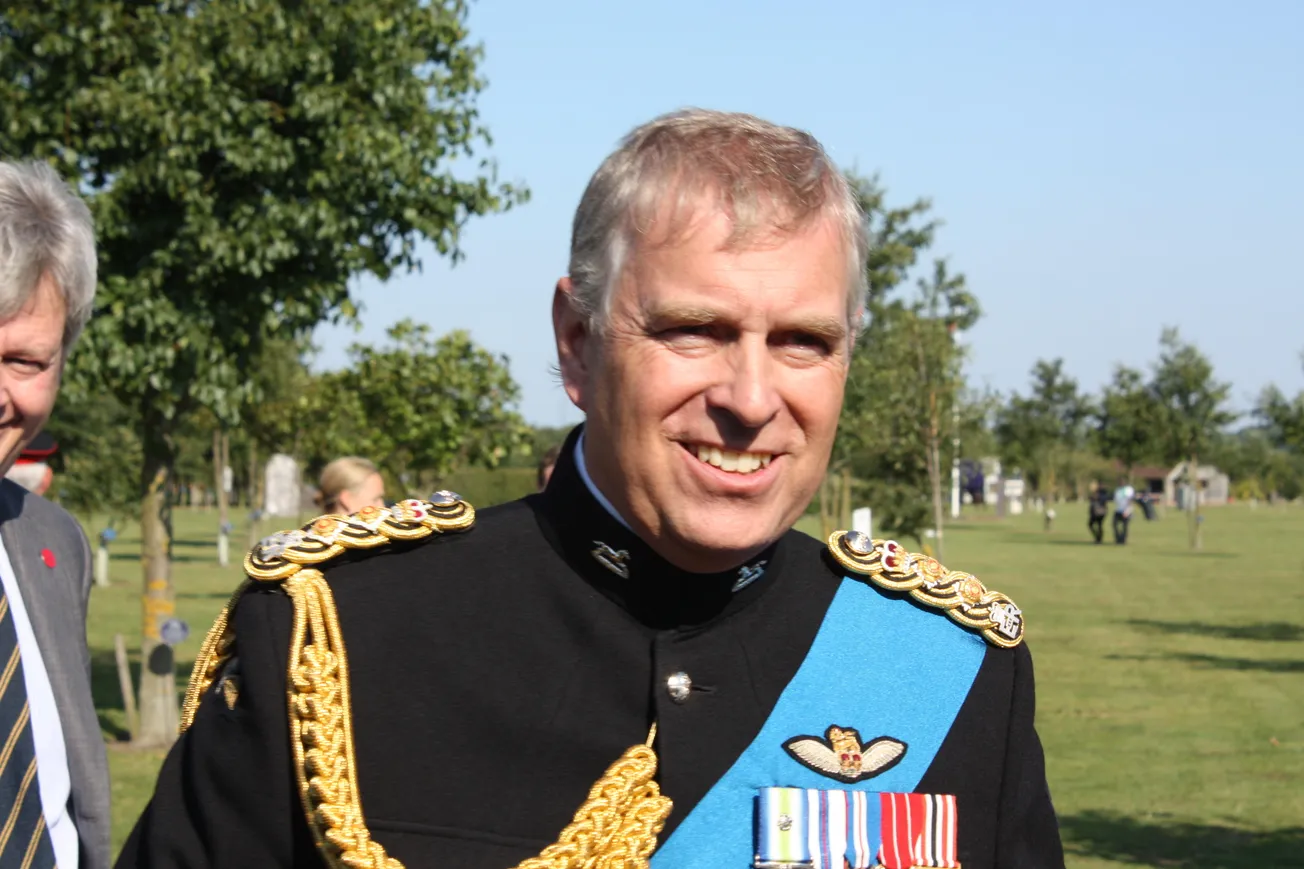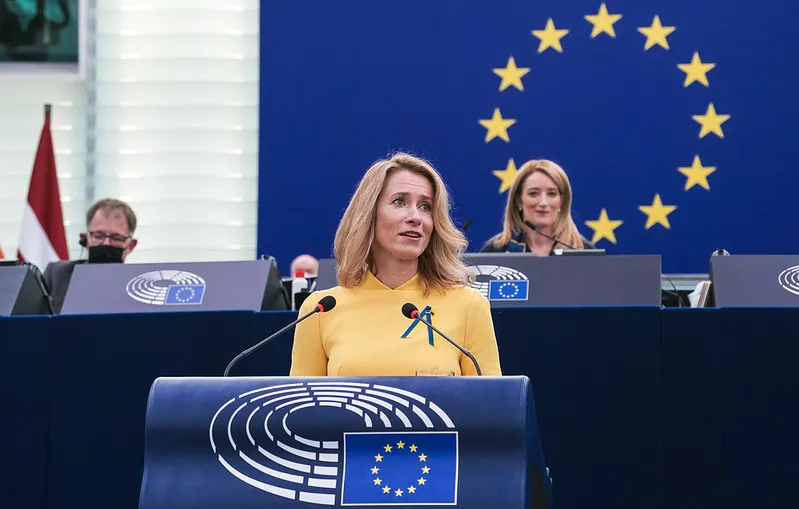This past week, Diane Sare, independent candidate for U.S. Senator from New York State, gave an interview to the online video program, “In Search of Truth,” of Faina Savenkova, the young Russian writer and activist from Lugansk, in the Donbass region of Russia.
Savenkova, now 15 years old, since the age of 12 has been on the “Myrotvorets” kill list of the Ukrainian Nazi regime. She is a playwright, has published several books, and is a member of both the Russian Writers’ Union and the International Federation of Writers. A courageous fighter for freedom for the people of Ukraine and Russia, her campaign is known worldwide. Both the UN Secretary-General and the head of UNICEF has refused to meet with her concerning the Ukrainian regime’s ongoing murder of children in Donbass.
Her 43-minute interview with Sare is unusually profound, both strategic and philosophical in nature. In addition to raising questions concerning the nature and intent of the escalating war policy of the West, Savenkova asked Sare for her view on the reason for the apparent decline in overall human creativity in the 21st century, on the nature of freedom and whether or not it is an illusion, on the threat of AI to human creativity, and on the possibility that Russian artists Chekhov, Dostoevsky and Tchaikovsky will be banned in Europe?
Savenkova concluded their dialogue by asking Sare, “What would you like to say to the children of war?” Sare replied, “That your lives are very important. That even if you might feel weak, your weakness becomes the moral strength of the people who are in a position to resist this evil, and therefore no one should give up hope, even if their personal situation appears to be hopeless. I agree with Martin Luther King who said that, ‘The arc of the moral universe is long, but it bends towards justice.’”



